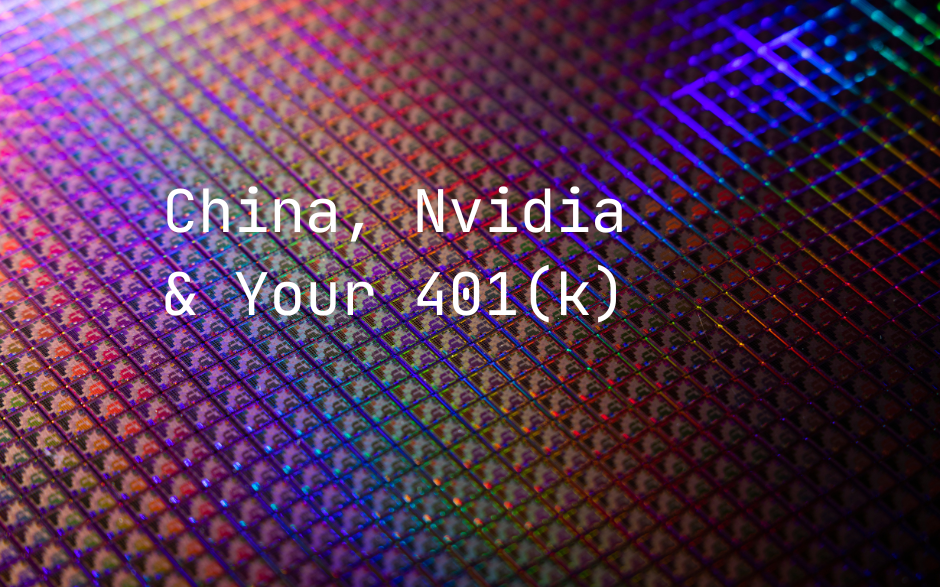China v US Trade Talks...
- Richard Murff

- Oct 31, 2025
- 3 min read
Updated: Nov 4, 2025
Whose Hand is on The Throttle?

One hundred minutes doesn’t seem like a lot of time for the two largest economies - both of who are trying to rewire the economic order – to spend together hashing out a deal. And yet Mr. Trump assessed the meeting as a 12 out of 10. Nigel Tufnel would be proud, because that’s two louder, iddn’t it?
The summit was always going to be more headlines about framework and less agreed and quantifiable deliverables. Washington and Beijing pledging to work together to end the war in Ukraine – that Beijing openly wants to continue at a simmer – when neither can really control the outcome is pointless. But it sounds good and has the advantage that neither party actually has to do anything
It isn’t like the most powerful leaders in the world weren’t prepared. They’d sent their seconds to Malaysia to hammer out an outline for the agreement last week. Afterwards, both Treasury Secretary Scott Bessent and Chinese vice-premier He Lifeng hailed the framework a success, but were at pains to agree on what, exactly, they’d actually agreed upon. Other than that their team had the better hand. And so when the big guys met in that dinky room in a South Korean air force base in Busan, they produced similar results.
The first problem that I noticed about the post-meeting read-out was that that the negotiator-in-chief did something that you never do in a negotiation: Concede a quantifiable deliverable (knock 10% off tariff rates) in exchange for an unenforceable and largely unquantifiable “best try” effort (say, “get tough” on fentanyl). According to Trump, Xi did promise to buy a “tremendous” about of soybeans from the US, and even purchased a couple of cargoes to kick-off the summit. Don’t expect them to buy much more, they pulled the same stunt during Trump 1.0. The two apparently did discus Nvidia’s semi-conductors, but not the super high-rent Blackwell chips The point is almost not worth mentioning because the White House itself is unsure what to do about that.
Moving onto the more practical… China’s only real deliverable was to let up on its licensing restrictions for critical minerals that would make US manufacturing in low to high tech grind to a halt. The concession is for an extendable one-year. More cease-fire than lasting peace. A single year is barely enough to clear your head from the roller coaster of the last five-months, but it’s also very telling.
When the first shots of the trade war were fired seven years ago, Chinese communist party broke the habit of a lifetime and took a savage reassessment of its strengths and vulnerabilities, as well as America’s. Both assessments were alarmingly accurate. By outlining it’s own chokepoints, mostly raw industrial inputs, Beijing set out to correct the problem with strategic stockpiles and rewiring the global supply chain. It wasn’t like China’s efforts went unnoticed around the world, it was that – like Germany rearming in the 1930’s – no one could decide what to do about it. America mostly ignored it for an existential argument over pronouns.
Given the number of Chinese spies operating in-country, that every other US smartphone has been hacked already and TikTok (which also didn’t come up this week) is still a thing, we can assume that Beijing at least thinks that it has its finger on the pulse of the American public. When the critical minerals licensing comes up for review, in November of 2026, the mid-terms will have shaken out. If flipping the Senate is a long shot, there is an even bet that the GOP will lose the House. Beijing is betting on polarized US politics becoming paralyzed next year, while it keeps its hand on the throttle of the trade war.
The main take-away from the meeting is that neither country wants to decouple or throw hands - not yet at any rate. Xi stayed in South Korea for the Asia-Pacific Economic Cooperation (APEC) summit to urge countries to work together to maintain “stable and smooth” supply chains and a free market. Which should not be taken as China scrapping its efforts to replace the existing economic order with a licensed “pay-to-play” model with itself at the center.
Trump skipped the APEC after his Asia tour and flew home to flag that the US will match nuclear testing with Russia and China – Russia’s last test was in 1991, and China’s was in 1996. So it is unclear why the president is pulling a reverse Putin now. Yes, it sounds fair, but it also provides cover for China to keep testing and close its current technological gap with America’s nuclear arsenal.
So be careful what you ask for.








